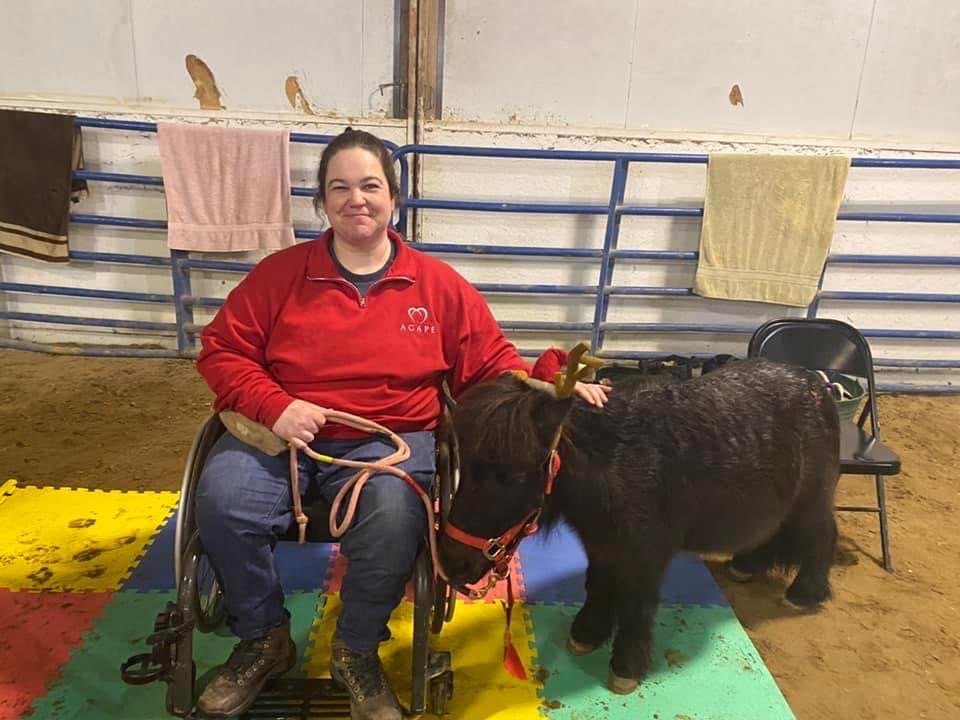The language we use can affect the way things are perceived. Historically, disability has been seen as negative, and disabled people have been seen as worthless. Though this is beginning to change, many of the words we use today to describe something as inferior were once medical terms to label disabled people. Most disabled people back then were shut away in institutions, and therefore not commonly seen out in the world. Being a rarity in society leads to judgment.
This judgment has affected the modern language surrounding disability, leading to phrases like “suffers from” and “wheelchair bound.” A person does not automatically suffer just because they are disabled. A wheelchair is not binding; it is a tool for freedom. Because of my wheelchair, I can go out in the world and do things I would not be able to without it.
Being disabled is all I know. My cognitive and physical disabilities affect every moment of my life. That is a fact of my life, not a tragedy. Without my disabilities I would not be me, which is why I use identity-first language, describing myself as a Disabled person. Others prefer person-first, describing themselves as a “person with a disability.” This is an individual choice. I am more than my disabilities, but they are a part of me.
In the horse community, the word “lame” is commonly used to describe a horse with a mobility impairment, either temporary or permanent. This word has also been used in the past to describe a disabled human. Now it is used frequently in general society to describe something that a person feels is beneath them. Why do we equate being injured or disabled to being inferior?
Disabled people’s lives have just as much value as anyone else’s. The language we use around disability tends to create a divide between disabled people and non-disabled people, which leads to disabled people being treated as separate from the rest of society. “Disabled” is a neutral term, a descriptive word. No euphemisms are necessary. My needs are not “special.” I need access to things like food, shelter, and community, just like everyone else.
Written by Maria Seno, Agape Volunteer

